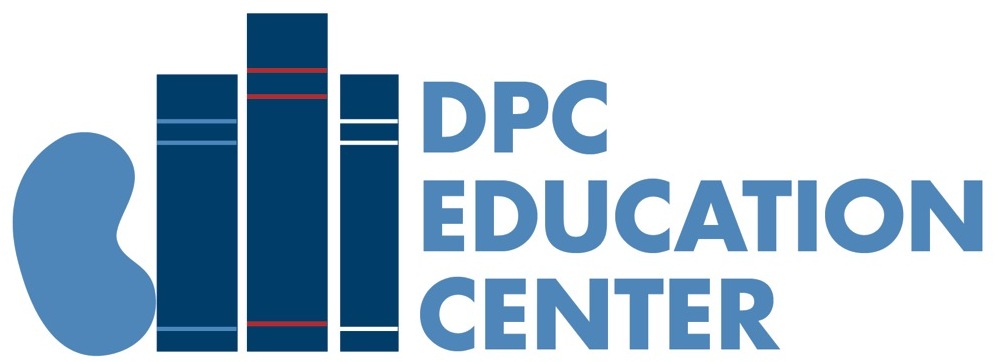Chronic kidney disease (CKD) is a serious condition that causes the slow loss of kidney function over time. Current estimates place the disease burden in the United States at anywhere from 20-40 million. The range of estimates is high because many don't know that they have the disease since CKD usually has no symptoms until it is far along. The primary functions of the kidneys are filtering waste products and removing excess fluid. In addition kidneys help regulate and control levels of sodium, potassium and phosphorus. Beyond these "basic" functions, the roughly fist-sized organs help regulate several hormones within the body. Calcitrol, as the name sounds, helps maintain the body's calcium levels, erythropoietin, which stimulates red blood cell production and renin, which is important for blood pressure regulation.



